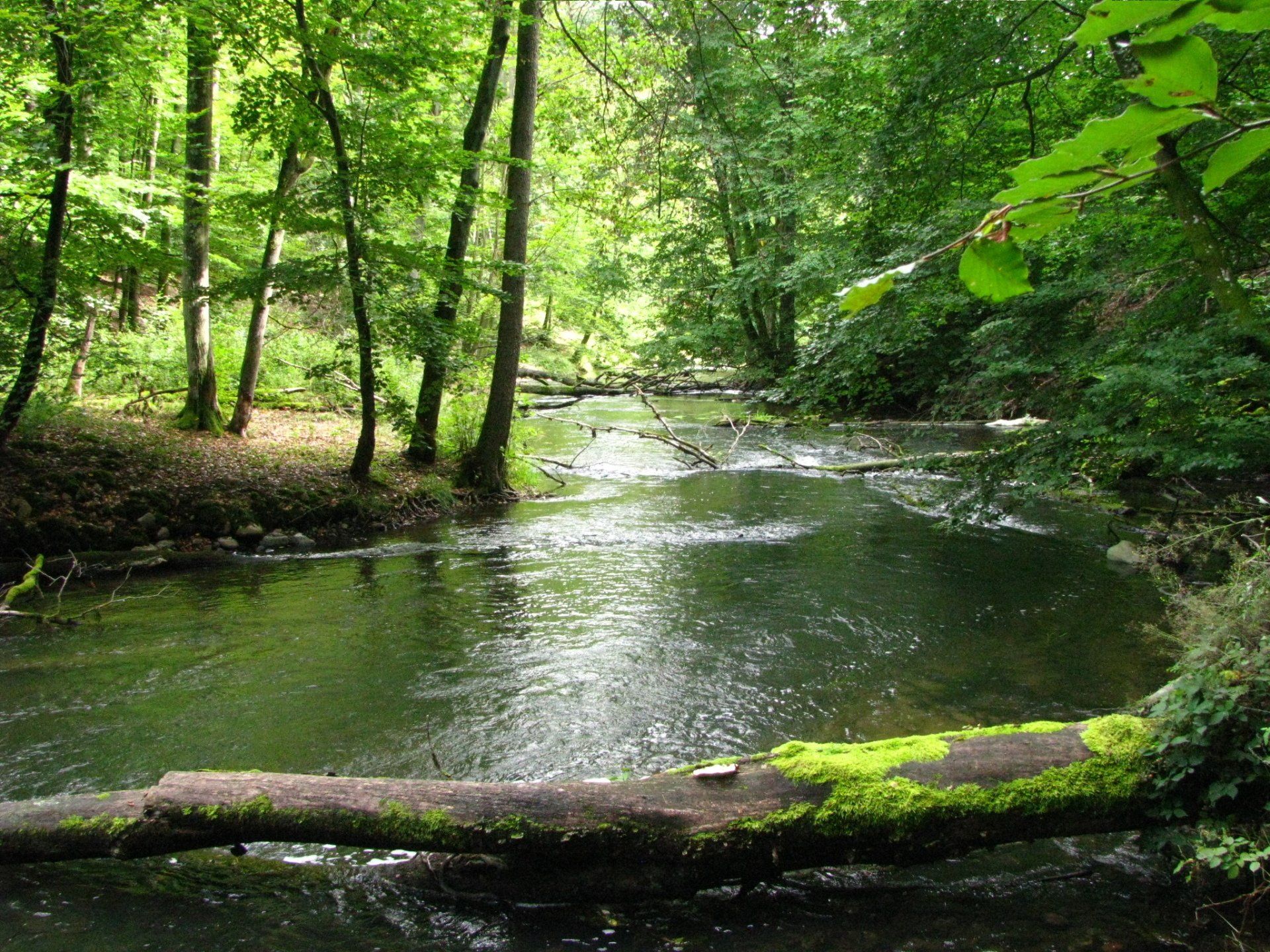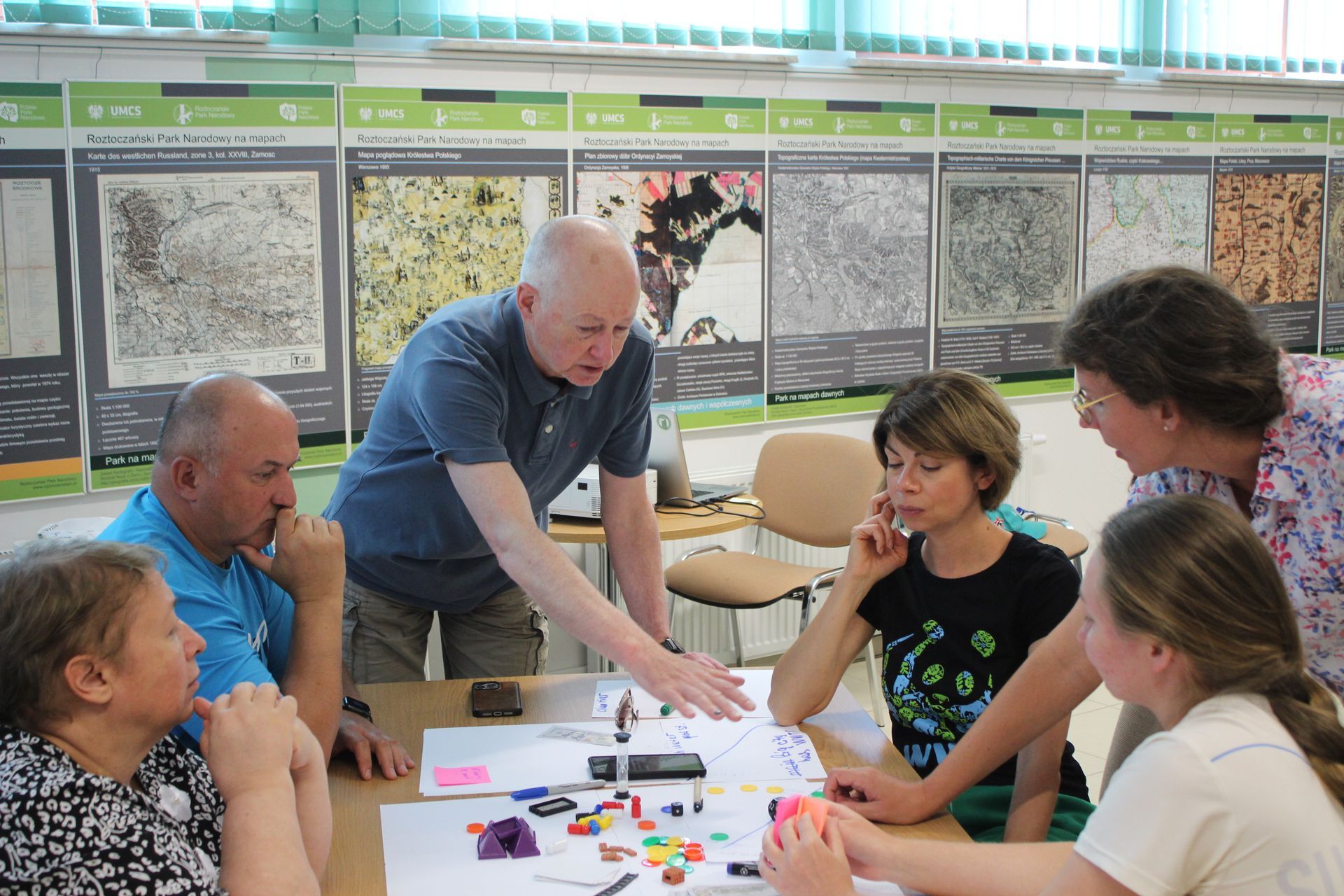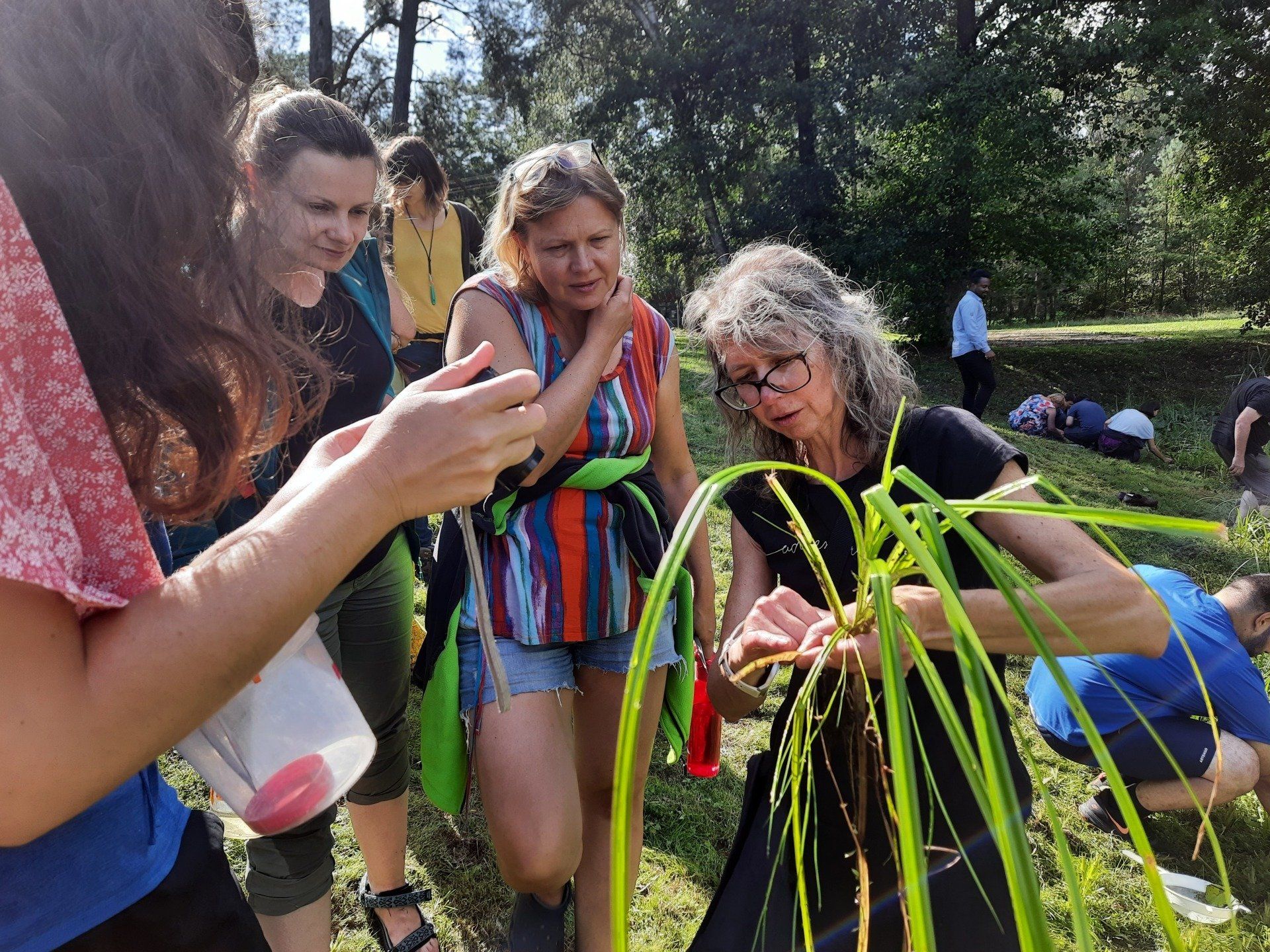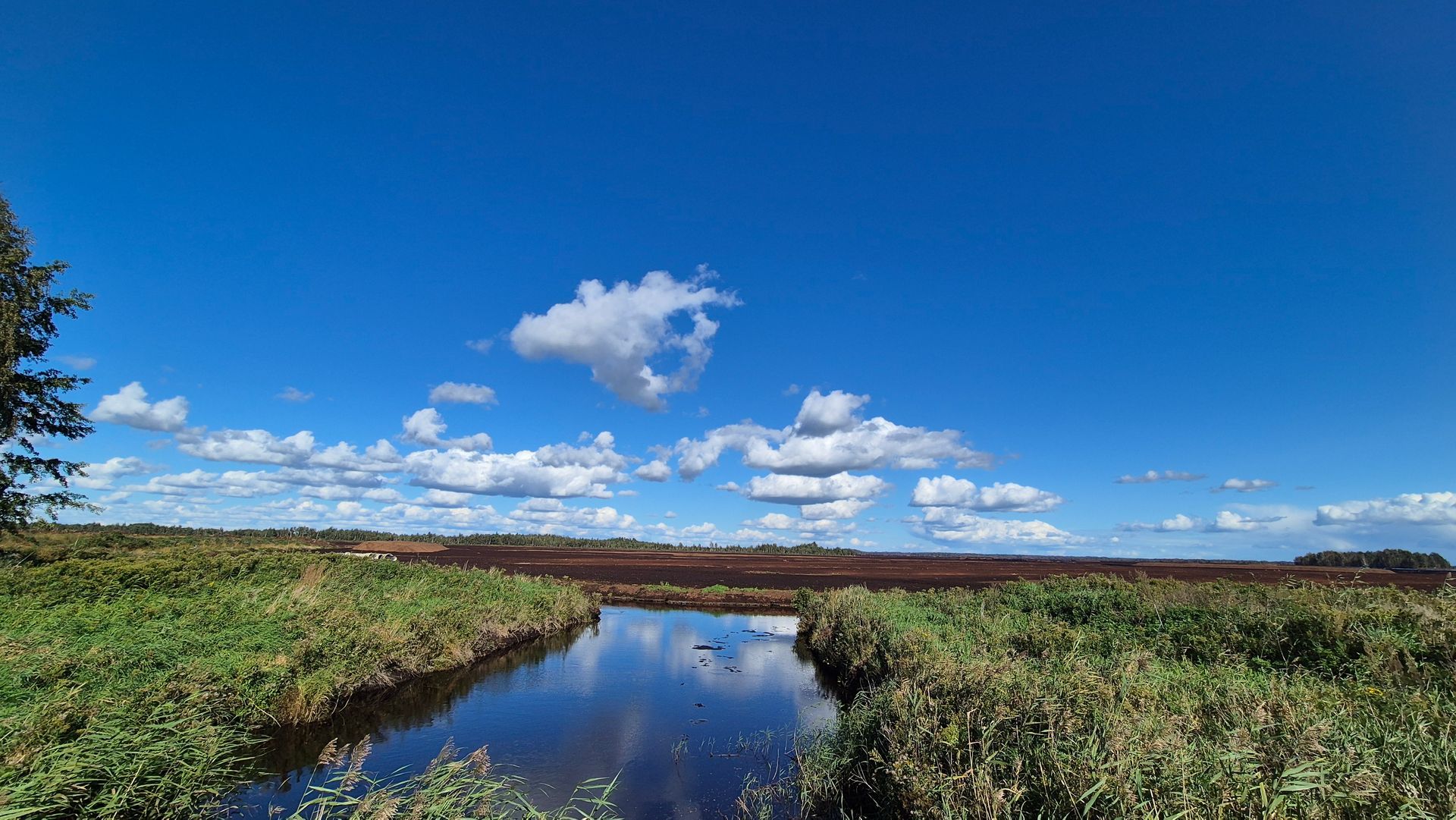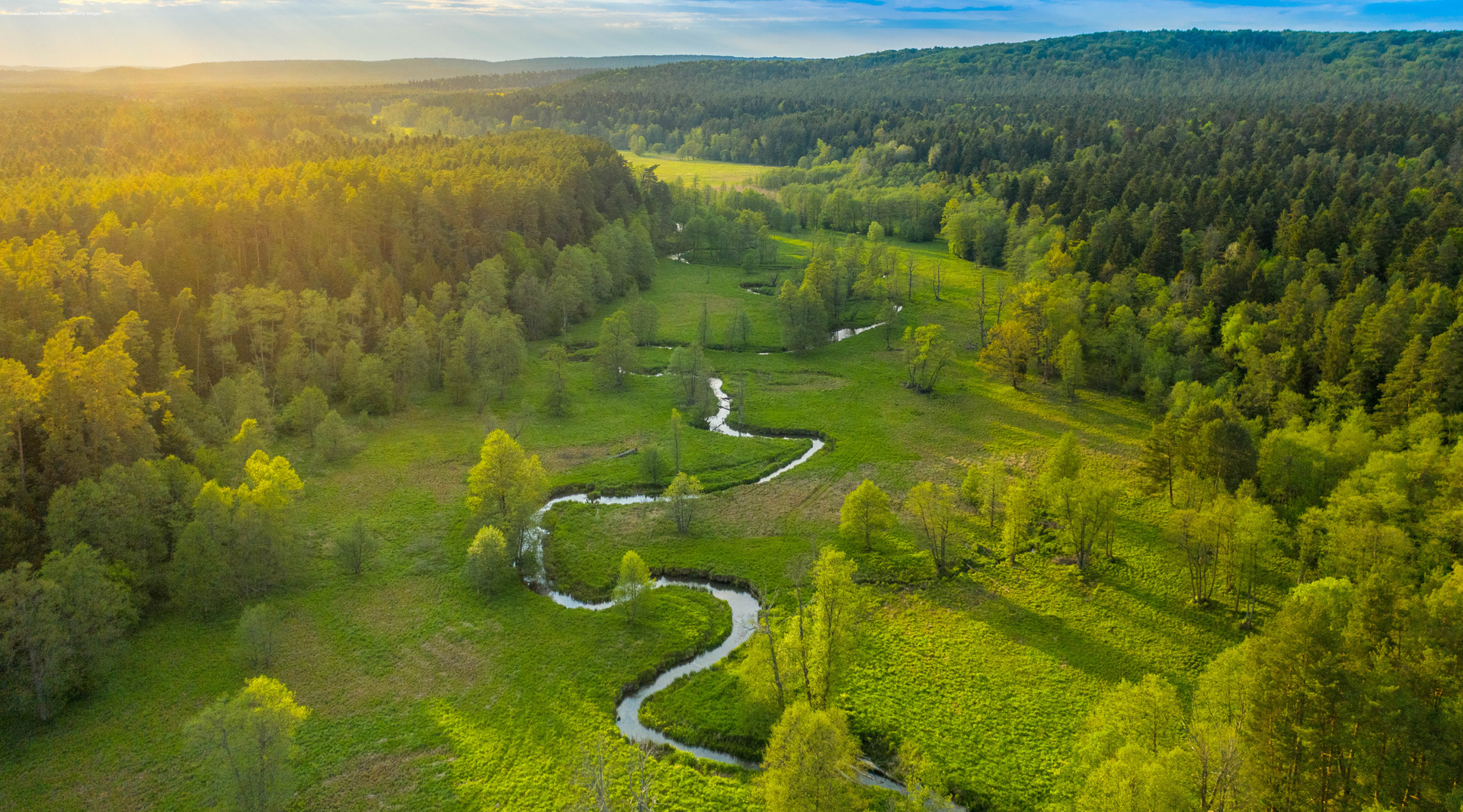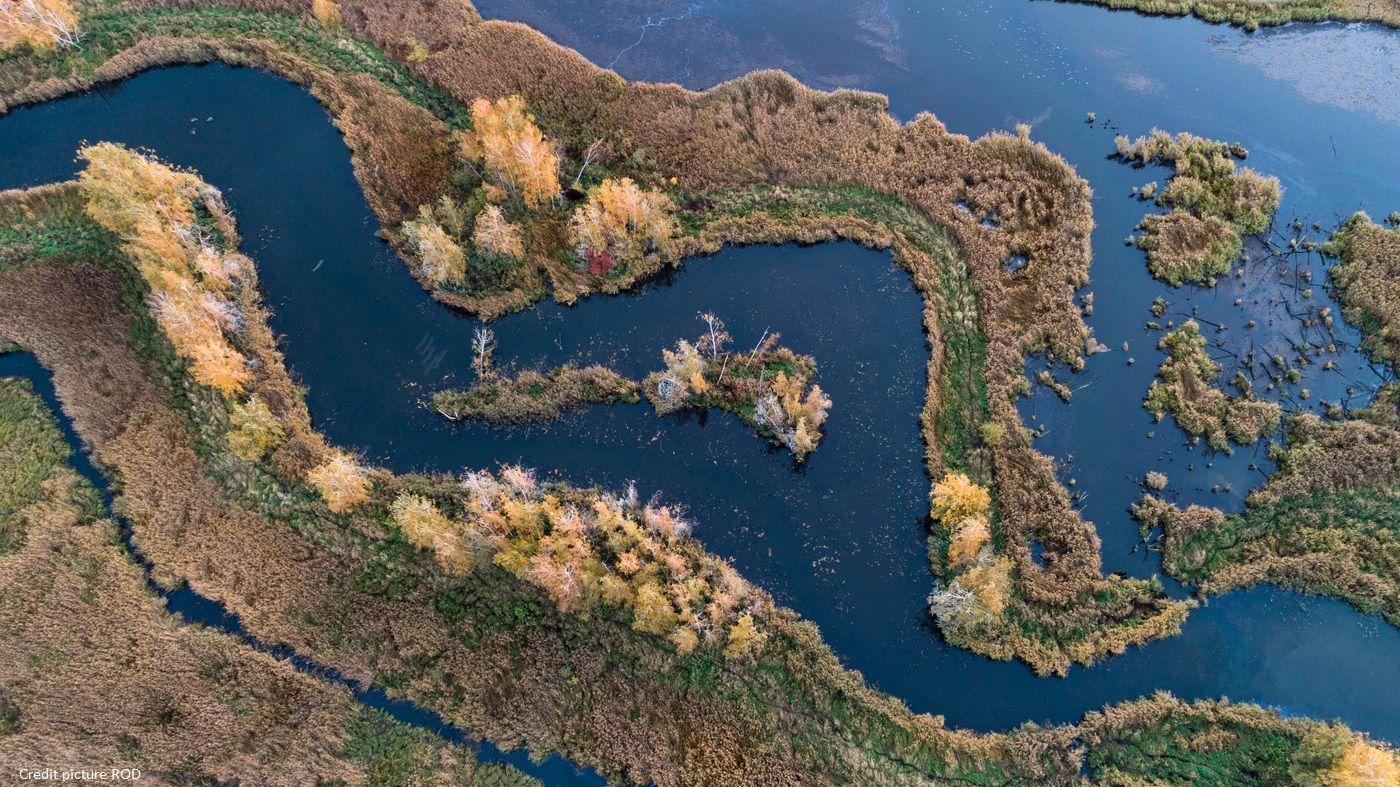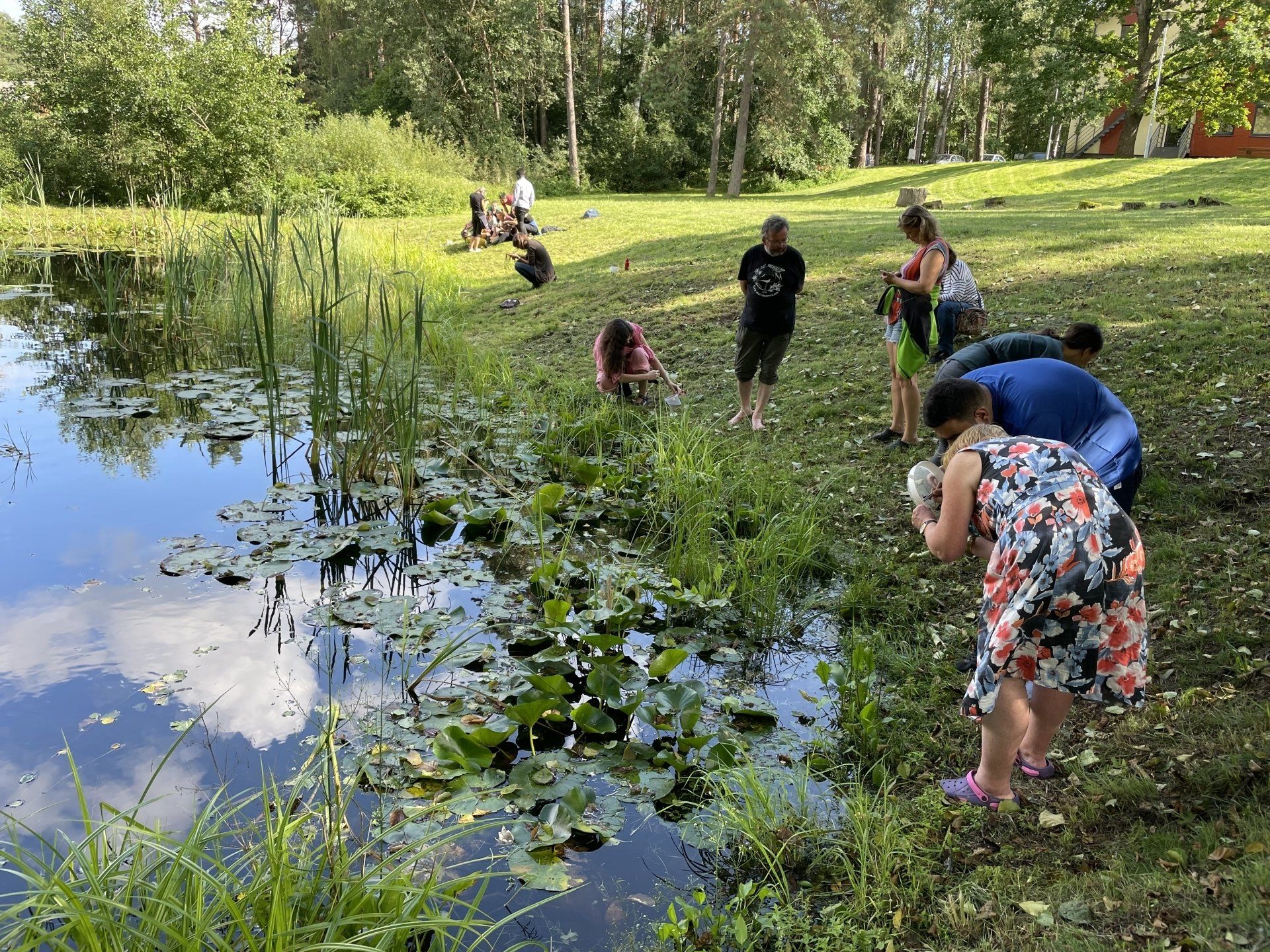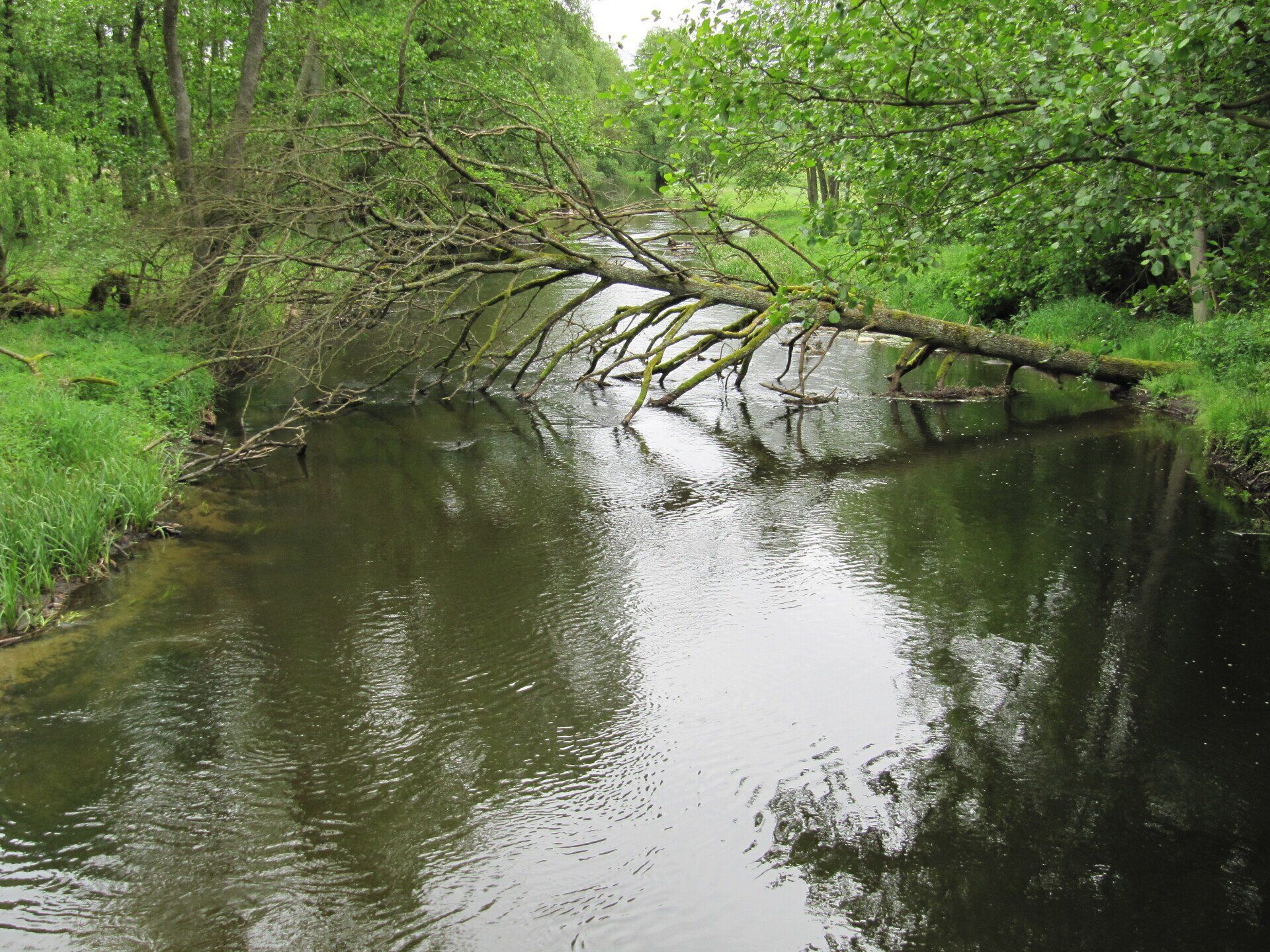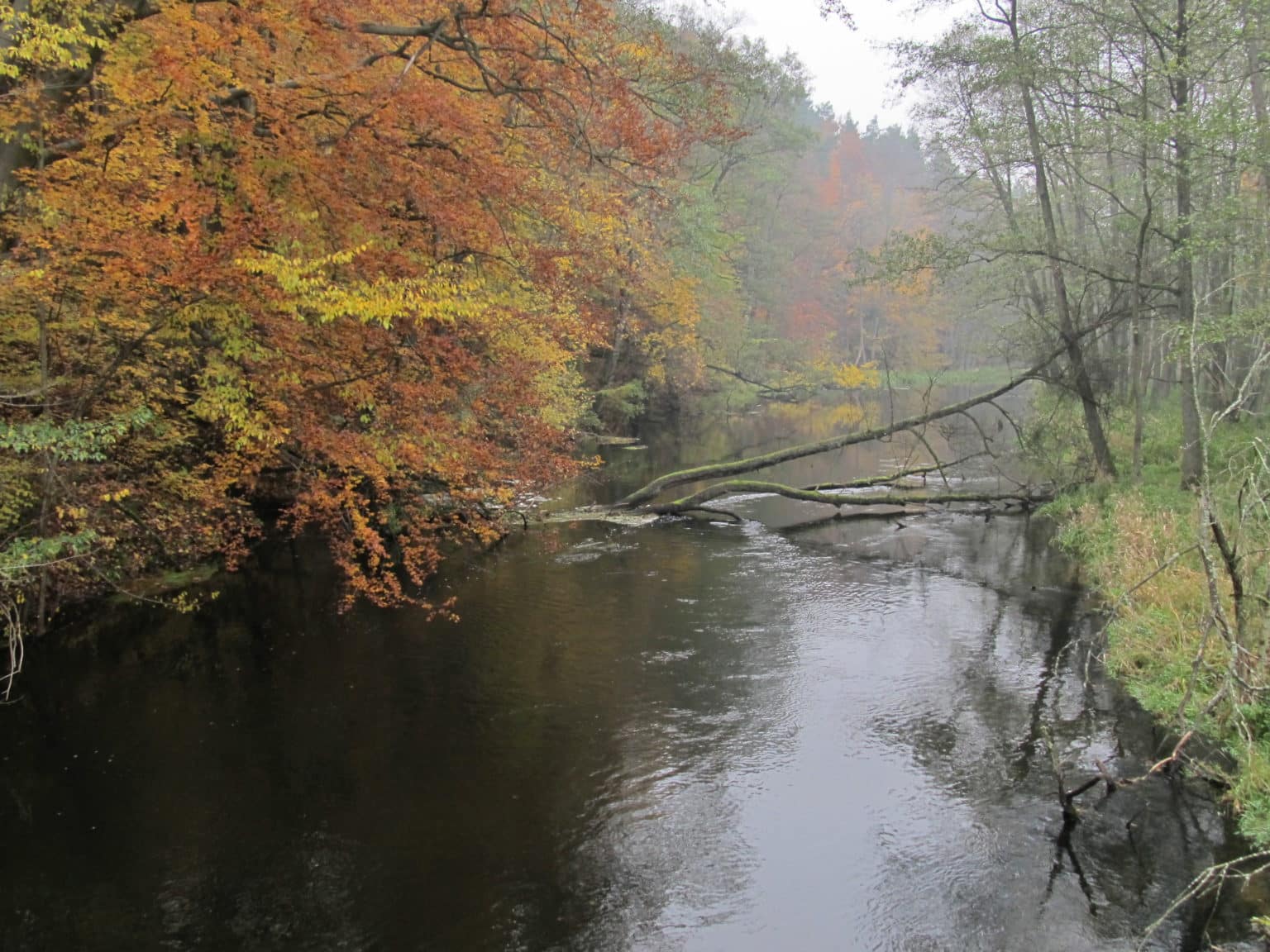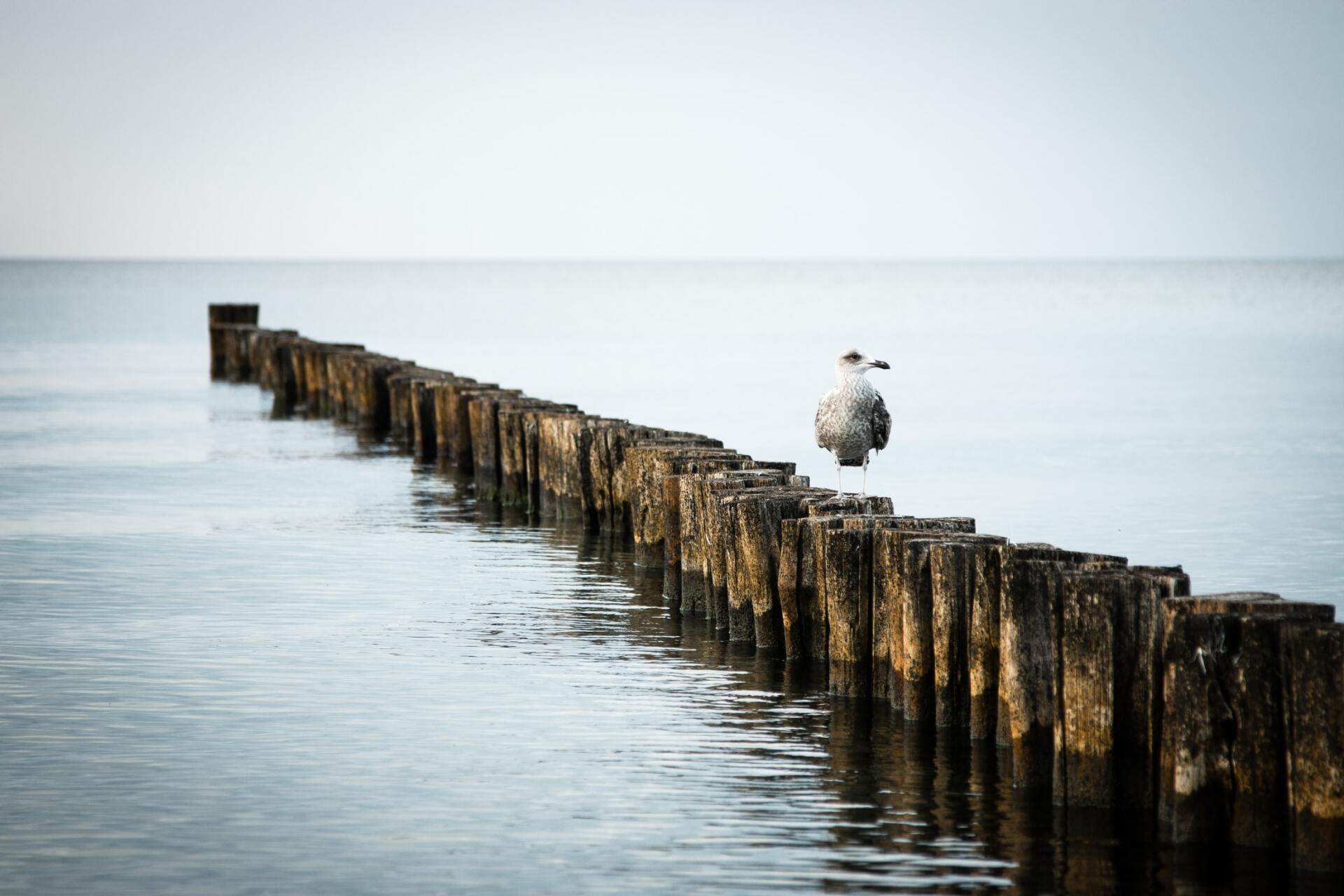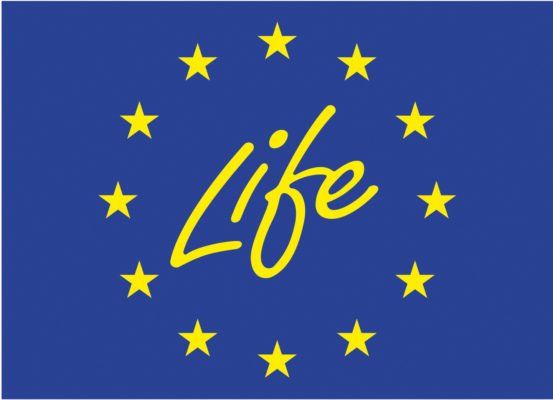River University
2018 - ongoing
Our annual riverine event is an international gathering that creates a strong center of modern knowledge, linking experts, inviting river stakeholders and giving the opportunity to participants to learn about peculiarities of different rivers in the Baltic Sea Region and Europe.
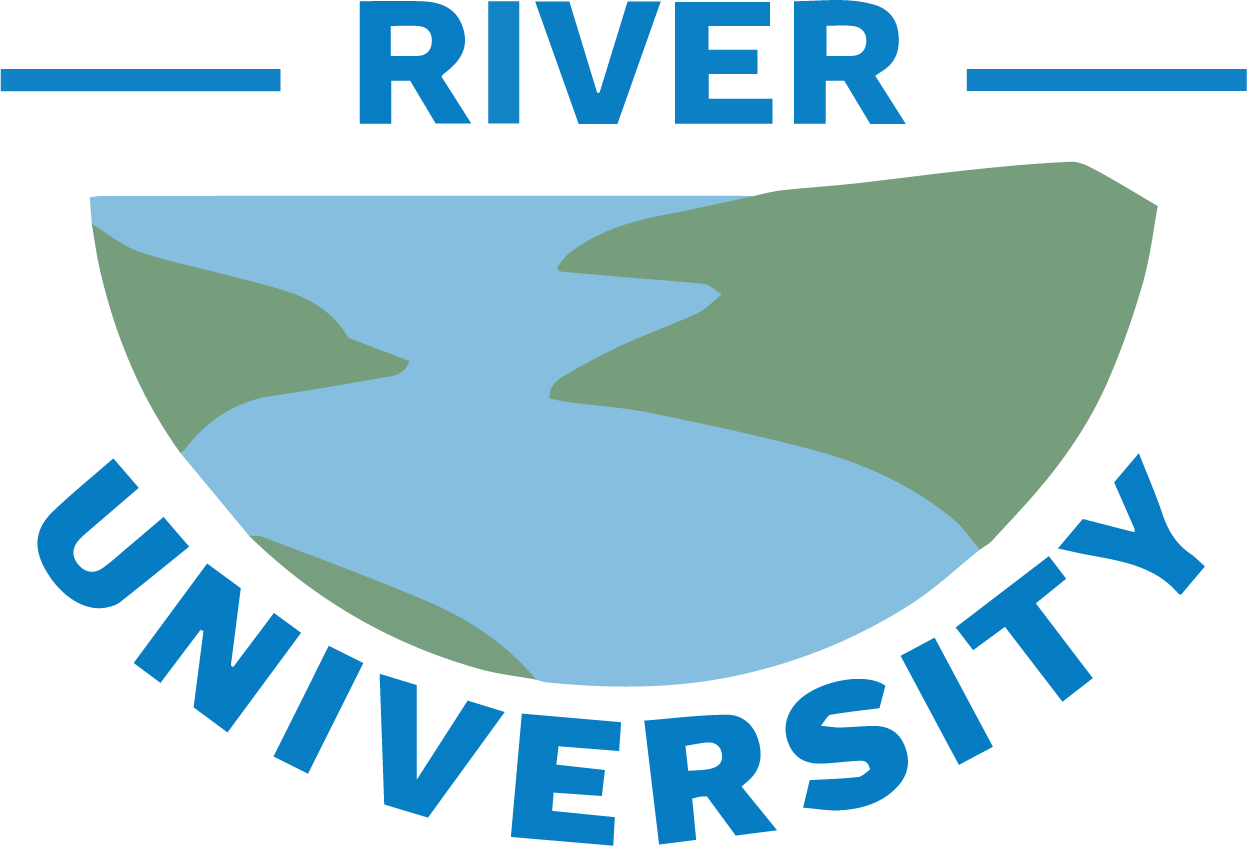
HISTORY OF THE PROJECT
The
pilot project of River University was created and founded by Ewa Leś, CCB Working Area Leader on Eutrophication, in 2018 in Poland. The aim was to gather river experts from several transboundary basins of Poland (Odra, Vistula/Western Bug, Neman) with their counterparts from Belarus and Ukraine to discuss i.a. issues related to inland navigation and large infrastructure projects on straightening river flows in these countries. In 2020, River University was established internationally
under CCB umbrella, with the 1st online edition due to the Covid-19 pandemic. The focus was on Poland, in particular the Drawa river, presenting current riverine challenges impacting the society. Since then program is successfully continued: for the the 2nd edition we swam into Lithuania (2021), 3rd one we experienced in Estonia (2022), moving to Germany for 4th edition in 2023. River University with its content is always reacting on the current water issues in European and non-EU countries.
>145
Participants
>80
Lecturers
4
Country
RIVER UNIVERSITY IN A NUTSHELL
LATEST EDITIONS
COLLABORATIONS & PARTNERSHIP
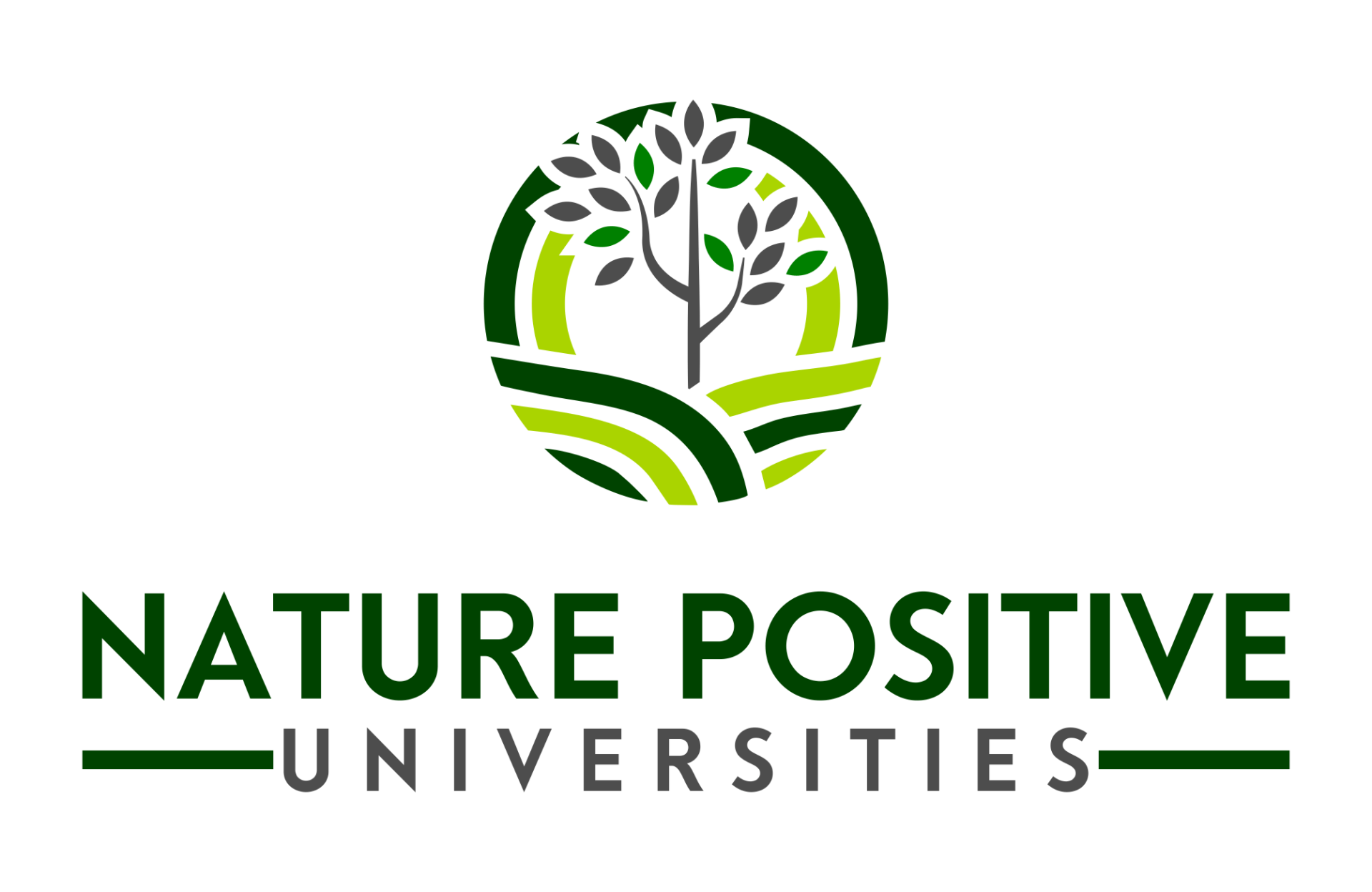
Since December 2022, River University is part of a global network of universities that have made an official pledge to work towards a global Nature Positive goal.
For each edition of River University we collaborated with different Universities and Institutions, such as:
-Ivan Franco National University of Lviv
-School of Global Development, University of East Anglia
-National Academy of Sciences of Ukraine
-
Warsaw University of Life Sciences
- Kaunas University of Technology
- Adam Mickiewicz University in Poznań
- Estonian University of Life Sciences
- Tallinn University of Technology
- Poznań University of Life Sciences
MATERIALS & MEDIA
For more information:
Ewa Leś, CCB Working Area Leader on Eutrophication: ewa.les (at) ccb.se
Share
We continue to act, do you want to know more?
Stay tuned for the next River University!
In the meanwhile, click the button below to discover how you can be engaged and help us to protect the Baltic Sea.
